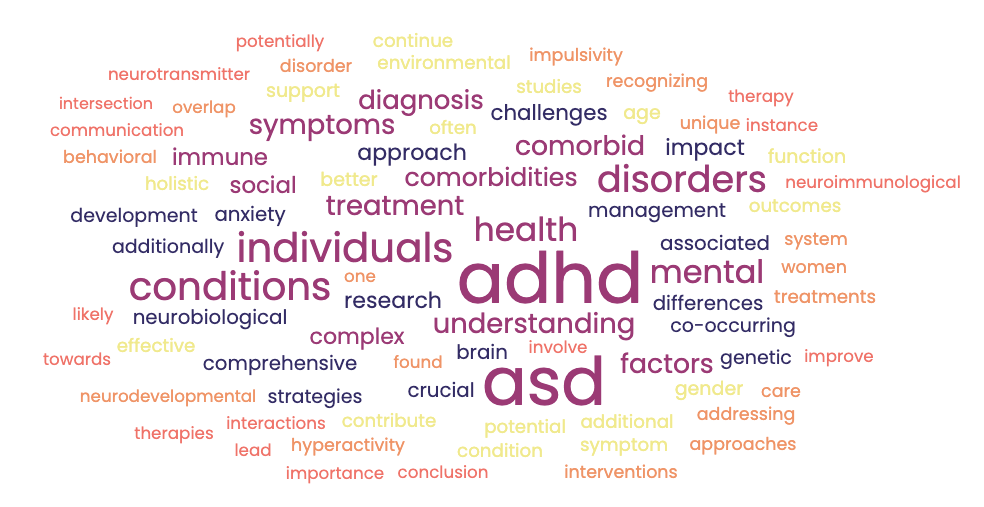Pandemic, coronavirus, COVID-19. Regardless of what you choose to call it, this globally-impacting disease translates to one universal fact—these are challenging and unprecedented times for all. In the midst of a new normal, mental health is sacrificed while many scramble to establish structure in their daily lives. In other words, life doesn’t simply stop, even when it may feel like we’re in a perpetual state of limbo. With survival mode as our shield of armor, we learn to shift and adapt.
Now picture this: school is closed for the remainder of the academic year, and parents suddenly have to tackle new roles including teacher, tutor, therapist, mediator, and friend—just more skills to add to your repertoire as a parent. Children are ripped from their routine, and in turn, may be manifesting these sudden changes in the form of anxiety, depression, and developmental regression. You may find that your fiercely independent six-year-old is now begging you to let her sleep in your bed. Your sweet and shy four-year-old is kicking and screaming with every ounce of his being. Your Tic-Toking teen has officially locked herself in her room and is refusing to engage with the rest of her family. Here’s where the good news kicks in—you are not alone, and this is not your fault—nor your children’s.
Below are some tips and tricks to tackle common behavioral and emotional concerns that parents are facing today, and more importantly to start welcoming mental health back to the forefront of your mind.
1. Gut over guilt: Parental guilt is inherent, and especially now can be at an all-time high. It’s understandable to feel upset that your child was robbed of the joys and benefits of school, yet your desire to fill the void and promote happiness may be hindering them. By needing to fulfill their every demand, wish, and desire, you are strengthening your child’s capacity to eventually push back against structure and defy your requests. Follow your parental gut, the one suppressed underneath the guilt, and follow accordingly when something isn’t sitting right. It’s okay to delete that extra toy out of your Amazon cart, or to have difficult conversations with your child, even if it may upset them.
2. Establish structure: This is both to your benefit and theirs. Create a makeshift school or daycare, one where rules are written and verbalized. Sit down with your child and identify at least three rules or tasks to be followed daily. Including your children in this activity places the accountability in their court. Children thrive off structure, even when they crave chaos and spontaneity. Find a happy medium and attempt to create a weekly schedule to check off homework, meals, and playtime.
3. Negative attention = attention: Highlight positive behaviors you are desiring more of, and practice selective ignoring when the negative behaviors are not posing a safety threat. This applies to children across all ages. Ignoring your child does not make you neglectful, so long as you are boosting their confidence and recognizing them for their polite manners, problem-solving skills, and following the rules. Replace words that are trigger points for children including “don’t” or “stop” with positive statements that promote the behaviors you are wanting to see in them (e.g. please use your inside voice; please keep your hands to yourself).
4. Set consequences: This one is tough. Every family has a different tactic and strategy when it comes to discipline. However, removing desirable objects and activities from your child of any age when they are breaking important rules or acting defiantly is an effective measure to establish greater harmony at home. Sit down with your child and identify three consequences that can be enforced in a single day if a house rule is broken. These may include losing electronic privileges such as the television or cellphone for four hours after refusing to complete homework, or losing coloring time for 20 minutes after screaming at a sibling. Setting concrete consequences removes the power struggle and heated arguments by simply identifying and sticking to the structure. Selective ignoring will be a key player if your child attempts to refute.
5. Spend quality time with your family: You’re probably wondering why that would be a suggestion when you are with your loved ones more than ever, but there is a difference between physical presence and emotional connection. Go for walks as a unit, play board games, spend a few minutes each day letting your child pick the activity to build their confidence and assurance that their opinions matter, and remind every family member that you love and appreciate them. These are trying times, but your family will get through this as a team, one day at a time. Remember to prioritize your mental health—your silent, but efficient, captain chartering new territory in the right direction.








